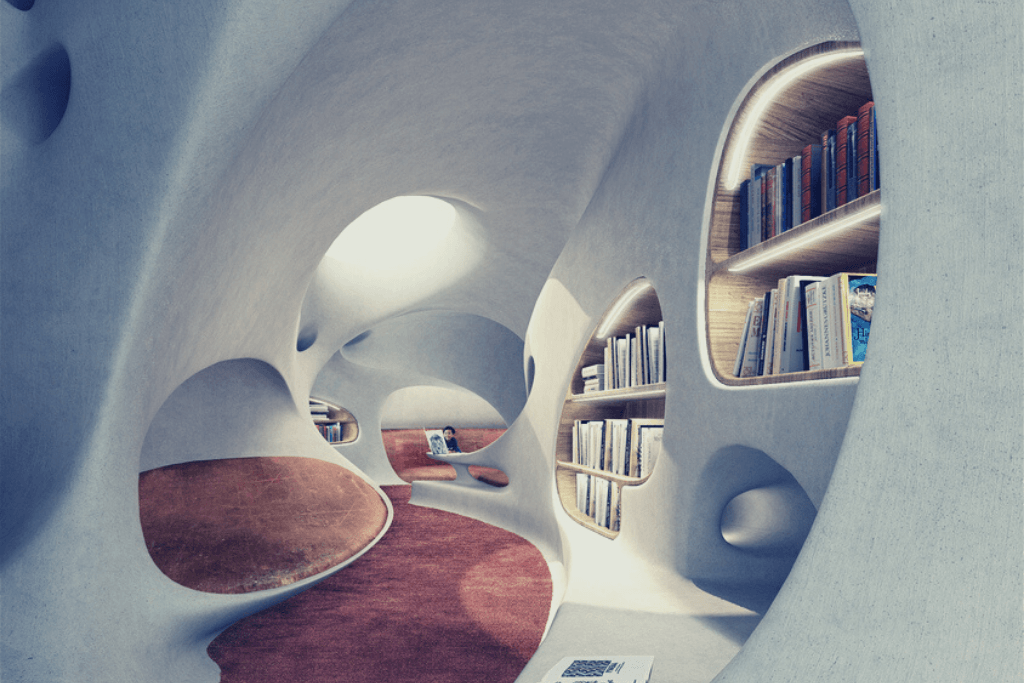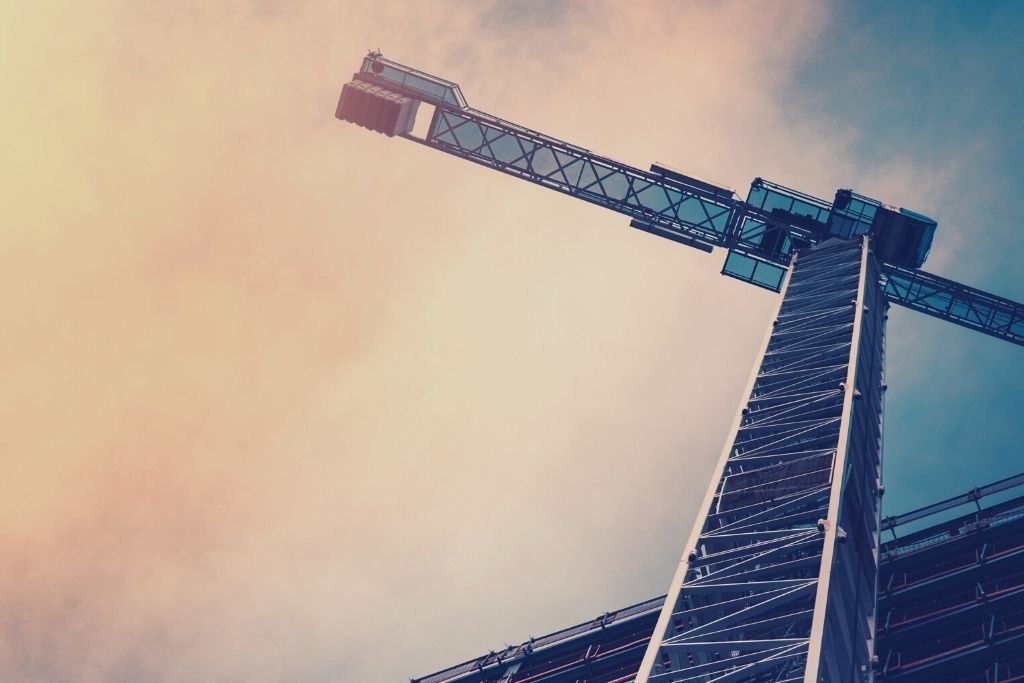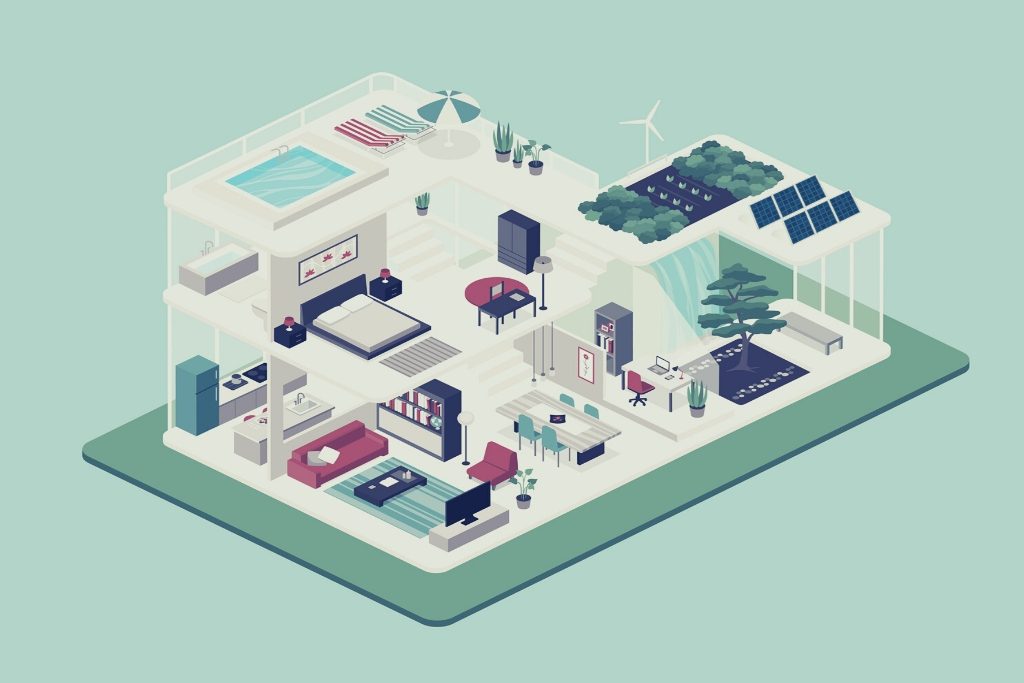Top 6 Architecture Projects of 2021: Social, Sustainable, Sensual

However, even though the global health crisis kept disrupting on-ground operations, it by no means stopped creativity. 2021 brought the launch or development of some of the most ambitious architectural projects of our times, many of which united under the themes of sustainability, inclusion, and robust public spaces.
Circular Economy in Construction: Why Training and Exposure Are Key for Transition

Following the industrial revolution, much of our consumption followed a linear model of “take-make-waste”, and buildings are no exception. A rising alternative to this is the circular economy, a holistic approach to economic progress to benefit businesses, society, and the environment.
“Back to Nature”: Boom of Sustainable Architecture Since the 1970s

Modern historians often trace the beginning of the environmental movement to 1970, when Gaylord Nelson, a former Wisconsin governor (1958-1962) and a senator (1963-1981), wanted to foster dialogue and conversations about environmental issues. Nelson’s teach-ins formed Earth Day, a catalyst moment that brought the environment into the political and cultural zeitgeist, forever changing its perception by the masses.
The New Normal of Construction: 5 Disruptions to Watch

Construction remains one of the least digitized industries globally. Construction’s limited digitization contributes to ill-informed decisions and inefficient industry processes, accelerating financial and environmental costs
Big, Medium, Small: 3 Net-Zero Energy Buildings

Buildings and construction are responsible for 39 percent of the carbon emissions in the world. Operational emissions, meaning the energy required to heat, cool, or light a building, account for 28 percent of overall emissions.
The Challenges and Rewards of Net-Zero Energy Construction

Buildings are to blame, in part, for today’s staggering rates of global warming. As they constitute a whopping 39 percent of the worldwide carbon emissions, it’s not possible to stop the catastrophic temperature rise without making buildings greener. Luckily, the proliferation of net-zero energy construction is doing exactly that, turning this environmental liability into an opportunity.